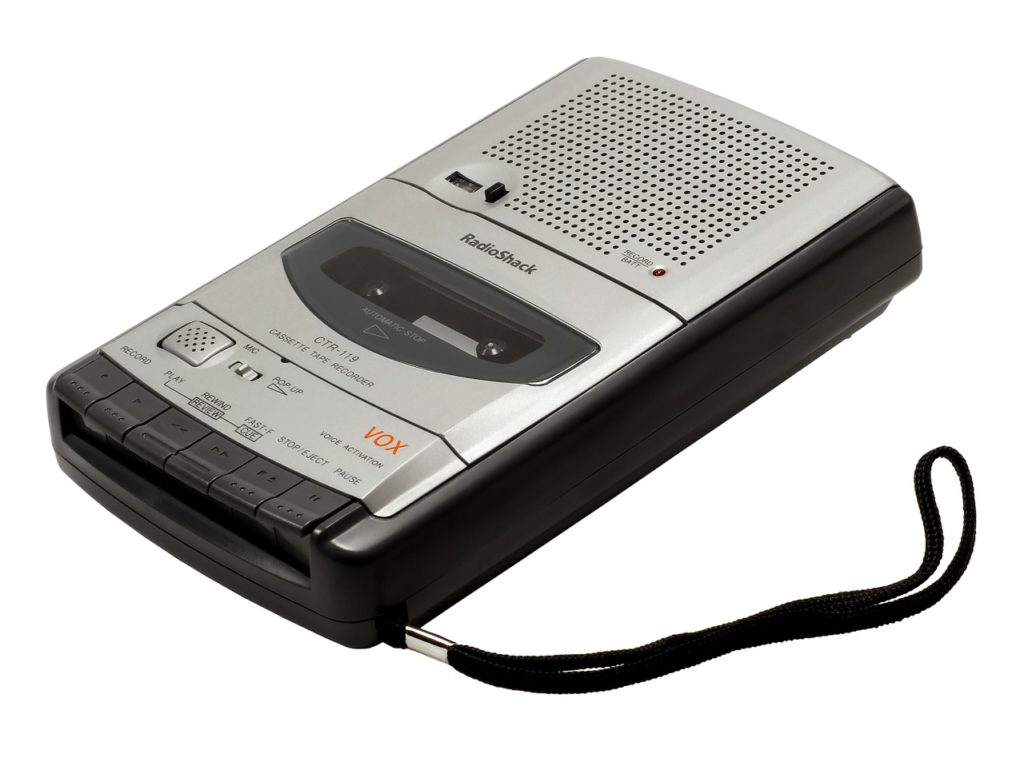
Replace Legacy Tools with a Show Management System
Ditch the Spreadsheets with a Show Management System
Are you looking to up your game in the live event management industry? You’re possibly still relying on manual spreadsheets, disorganized emails, and labor-intensive note-taking on anything you can find to write on. There would be nothing wrong with spreadsheets – if there were nothing better to replace it. But, there are newer show management systems out there to make your job much easier.
For business analytics, finance, and reporting, Microsoft Excel -over four decades old- and the likes have long been the go-to tool. Although spreadsheets may be helpful for smaller businesses to accomplish simple tasks, today’s digital world requires more efficient and automated software platforms to outperform spreadsheets. Here are a few reasons why they make things complicated:
- As spreadsheets are typically manual, they are prone to data entry errors that can be costly and misinform business decisions.
- Spreadsheets simply do not lead to fast analysis because of limited visual capabilities and a lack of clarity.
- Today, companies dealing with complex data need to manage it in real-time, especially if they are customer-facing. The retail industry, for example, constantly improves customer experience by using real-time data, and so does live event management.
Sure, spreadsheets are free, and most people know how to use them, right? But to get them to do what you want, you have to spend time configuring them, often repeating steps with every new entry, change in business, or new requirement. Again, these changes mean investing more time.
Even worse, spreadsheets are simply a database of static, historical information. They aren’t real-time or report-friendly, and any insights driven from spreadsheets aren’t easily shareable. This requires more time for you to build separate reports you and others can visualize based on the sheet’s data.
There is also no accurate way to know just how true those data cells are. Of course, a few minor errors here and there likely won’t pose much of a problem. But, take a look at your spreadsheets: How large have they become? How many cells of data are there? The bigger the spreadsheet, the more likely there are significant mistakes.
Some of those seemingly small errors aren’t so small after all. In the live music industry, event management means you have to have all your T’s crossed, and I’s dotted, or a show doesn’t happen, and people still have to get paid. You could underestimate budgets, margins are suddenly smaller than expected, and now your performance is costing you more money than you’re bringing in.
Situations such as these happen all the time, putting independent live music promoters and venue managers at risk. The “free” spreadsheet is now a liability.
The best show management system will replace and enhance all possible spreadsheet functionalities in one platform to make your work organized, efficient and accurate.
Related: How to Improve Event Management with Event Ticketing Software
Email Is Not a Show Management System
Then there’s the collaboration and communication aspect of show management. How many people do you engage with to pull off a show? Whether you are an event manager or a venue manager/owner, you have to communicate with dozens and dozens of people every day. Where is all of this communication going? Do you have an accurate record of it and can find it at a moment’s notice, even when you’re out of the office?
If you’re using email (Outlook, Gmail, or another system), you likely have a mess on your hands. Even though email is fantastic for some things, and in fact, 83% of global consumers say they prefer email when receiving communications from businesses, it doesn’t necessarily mean it is the best system for show management productivity.
You probably receive hundreds of new work-related emails every day, excluding personal ones. Everything from sales at your favorite stores to reminders about your kids’ next choir recital drowns out those critical notes you should read with more priority.
Since every email you send and receive is on a long list with hundreds of other emails, this is not an effective show management system. In fact, it introduces plenty of risks that one of those critical notes is lost – either the one you just sent or the one intended for you.
Let’s just hope you don’t have someone ask you a question about something that may have been in one of those emails. Then you’ll have to dig through every possible folder and scan its contents to find the email or never-ending thread containing the mystery information.
It doesn’t matter if you’re consistent and disciplined about organizing every incoming and outgoing email in specific folders per show; something is sure to get lost along the way.
Instead, a modern show management system built for the live music industry will enable seamless communication and collaboration with all parties involved.
Related: What’s Missing from Your Tour Management Software?
Say Goodbye to Other Legacy Tools
Finally, let’s tackle other legacy applications some people still use to manage shows: phone calls, text messaging, and note-taking. After you call the venue to book a show, where is the information you discussed going? A spreadsheet? A sticky note? A napkin? What if this conversation happens at a bar or after a show at 1:00 in the morning? What happens when the note is lost or doesn’t accurately document the conversation?
Again, things get missed. Your efforts duplicate, and you waste time and money.
When notes are scattered in papers or SMS screenshots instead of being collected in a single repository, it’s challenging to organize, and only you have any hope of making sense of them. Your staff can’t find the information or stay on the same page. Plenty of managers struggle with organizational skills, directly impacting their productivity, efficiency, and stress levels. One of the biggest obstacles to the organization is a lack of practical tools.
A leading show management system could help you save the day with a simplified and centralized solution to keep track of every meeting and conversation in a single place.
A Better Way to Work
Now, let’s consider a better option. Imagine a show management system for all these tasks, but explicitly built for the live music industry. An integrated, automated piece of software to consolidate all of your daily functions as a music promoter, live event manager, and venue manager.
Instead of using a spreadsheet to document sales, your ticketing system integrates with your financial apps so you can see real-time updates to your balance sheet every time a fan purchases a ticket – automatically.
You will stop manually transferring data from your financial system to a spreadsheet and hoping your late nights and lack of sleep didn’t compromise your accuracy. No more having to locate the correct row and column to see your break-even. All of the financial reporting, dashboards, and snapshots of your business are in one place, automatically updated to reflect where you stand right now.
Another feature of a modern show management system is its ability to bring everyone together in the same place. Collaborate and communicate from the same system to house your financial data, calendar, contacts, and settlements. It’s all there at your fingertips so you can do what you do quickly, accurately, and efficiently.
The best part? The system enables you to categorize everything per show. This means all of your collaboration with the venue, talent agent, sound crew, and everyone in between can be in an organized platform instead of email, all nicely rolled up under the event project.
Any communication, including file uploads, photos, or videos, are archived by topic under this event—no more digging through emails or inbox folders. You and your stakeholders are all working from the same platform seeing the same things in real-time. It’s archived forever, giving you the ability to go back years later and review how the team managed items, people involved, and money made.
When looking for a show management system, find one geared specifically for the live music industry, which offers you the mobility you need. You don’t want to be tied to your office to use it. If it’s really for music pros, it should go wherever you go.
Prism understands what you do every day and provides you with a feature-rich offering to manage each live event planning task more efficiently. Stop toggling between your calendar, email, and spreadsheets and invest in more productivity, accuracy, and reliability to get every show done. Get started now.

Matt Ford is the founder and CEO of Prism.fm, an Austin-based software company revolutionizing live music event management. With a background in entrepreneurship and a degree from the University of Wisconsin-Madison School of Business, Ford combined his self-taught coding skills with firsthand experience as a concert promoter to address the inefficiencies he observed in the industry. In 2018, he launched Prism.fm, an all-in-one platform designed to streamline operations for venues, promoters, and agencies by replacing cumbersome spreadsheets with integrated tools for booking, financial tracking, and contract management. Under his leadership, Prism.fm has grown significantly, achieving $3 million in annual recurring revenue post-COVID and securing over $15 million in funding . Ford’s commitment to building user-centric solutions has positioned Prism.fm as a trusted partner for over 1,500 venues and promoters worldwide.



